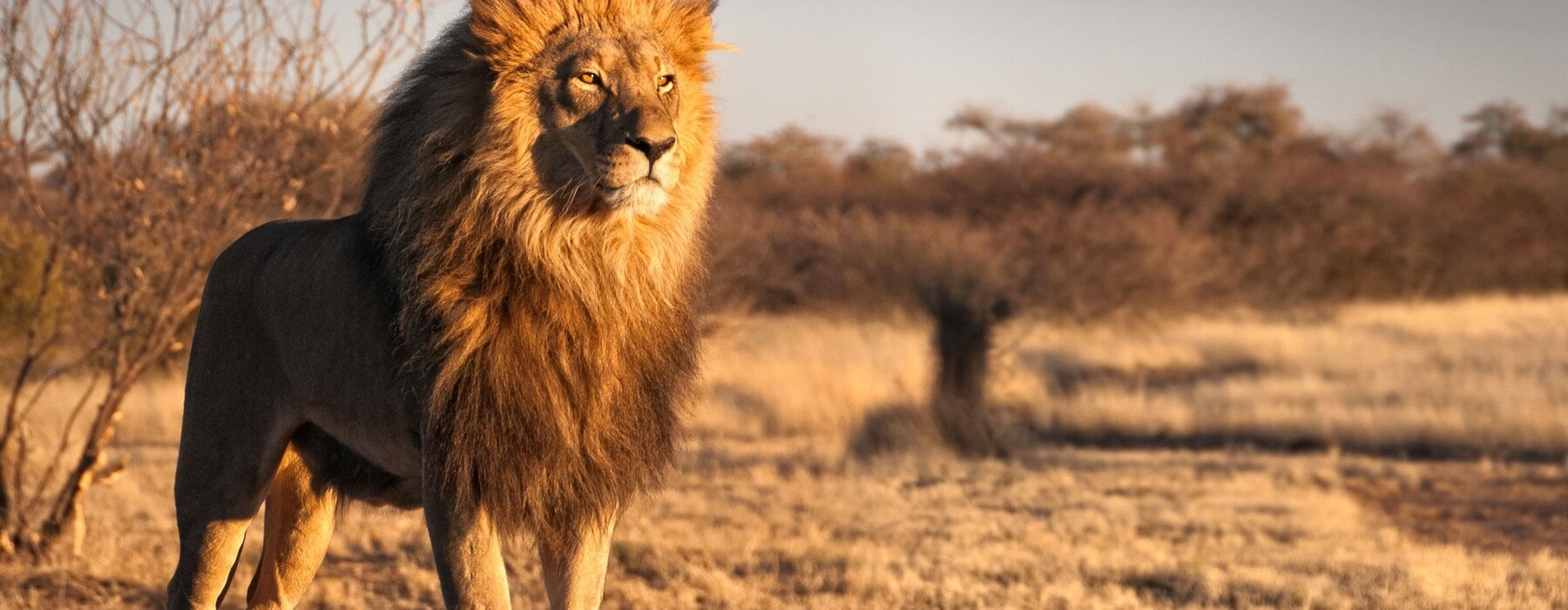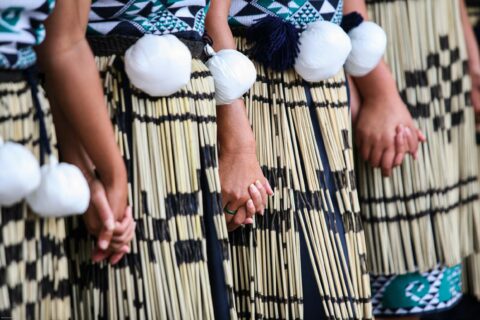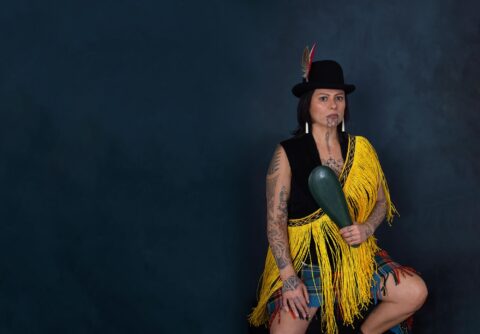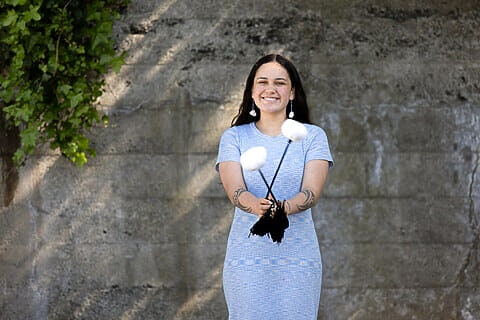In a landmark moment for cinema, Disney’s The Lion King has been translated and rerecorded in te reo Māori. Stacey gives it a glowing review.
“Simba, everything you see exists together in a delicate balance. As King, you need to understand that balance and respect all the creatures, from the crawling ant to the leaping antelope.”
Or, as heard in The Lion King – Reo Māori: “Simba, he mauri tō tēnā mea, tō tēnā mea, ko te Kīngi me mārama kau ki tōna ao, mai i te ngangara iti ki te tia pekepeke.”
I wish I could show you the raptured faces and glistening eyes of grown adults as they watched this iconic movie from their childhood in te reo Māori. Matewa Media, led by wāhine taiea (acclaimed women) Chelsea Winstanley and Tweedie Waititi, acquired the rights to create a te reo Māori version of this Disney movie, as they had with Moana – Reo Māori in 2017. Moana was a revelation for our tamariki, who were suddenly able to watch a fairly new Disney blockbuster they already knew and loved, revoiced in te reo Māori.
One of the waiata (songs) even featured in the live action skating show Disney on Ice when it came to Aotearoa. That production took my breath away, hearing waiata such as You’re Welcome become Mihi Mai Rā paired with the outstanding talent of the singers, voice artists, and translators. The art of translating is a particular joy to behold when you know what the original script was and can understand the te reo Māori version as well. You might notice from the snippet of dialogue above that it’s not necessarily the same length of words, but the translators will have worked to the animated mouth movements of Mufasa as he speaks, ensuring the te reo Māori words and performance matched, and the essence of the lines remained the same.
And there’s another layer of meaning added, as they used words like mauri (life force), which is a key concept of te ao Māori (the Māori world), and in this context also speaks to the “balance and respect” of coexistence with other creatures. In the case of The Lion King – Reo Māori, the characters were allocated mita (dialects) from different iwi around the country. The pride – or tribe – of lions were translated in the dialect of Tainui, so Mufasa, Simba, Nala and Sarabi all had subtle aspects of the reo of that region which are still understandable to those of us who don’t come from that area. For example, I heard the lions use the word “whēnei”, which is a variation of “pēnei” – to act in this way. As you can see, whēnei and pēnei are similar, even rhyming, so it’s a perceivable difference, but not so much that any fluent Māori speaker couldn’t understand it. The jokes were given extra oomph in Māori, too!
The Lion King holds such a dear place in many hearts. Stan Walker said it’s his favourite movie, so him singing a te reo Māori version of Can You Feel the Love Tonight over the end credits is yet another standout moment. Sir Elton John hasn’t let any other reversioning of the song replace his original version, yet he granted that to te reo Māori, and it is a beauty to behold. That’s after we’d all gasped, clapped and hollered through the movie, and as producer Chelsea said, people “had their phones up with the light on. . . waving their phones in the sky”, just like the whetū (stars) that Mufasa pointed out to his son, telling him, “ka whetūrangitia hoki tāua – we too will become stars”.
The emotion and delight of adults like me, who hadn’t dared to dream of a Disney blockbuster in te reo Māori, and our fluently speaking children, who are blissfully unaware of how significant a sea change had to happen for this to be possible, made this the most heartwarming movie experience I can imagine. My boss, who isn’t a Māori speaker, loved it, too, saying “Wow, it was just so beautiful!” I wasn’t sure he would be able to follow it, but he assured me: Hakuna matata – no worries!








